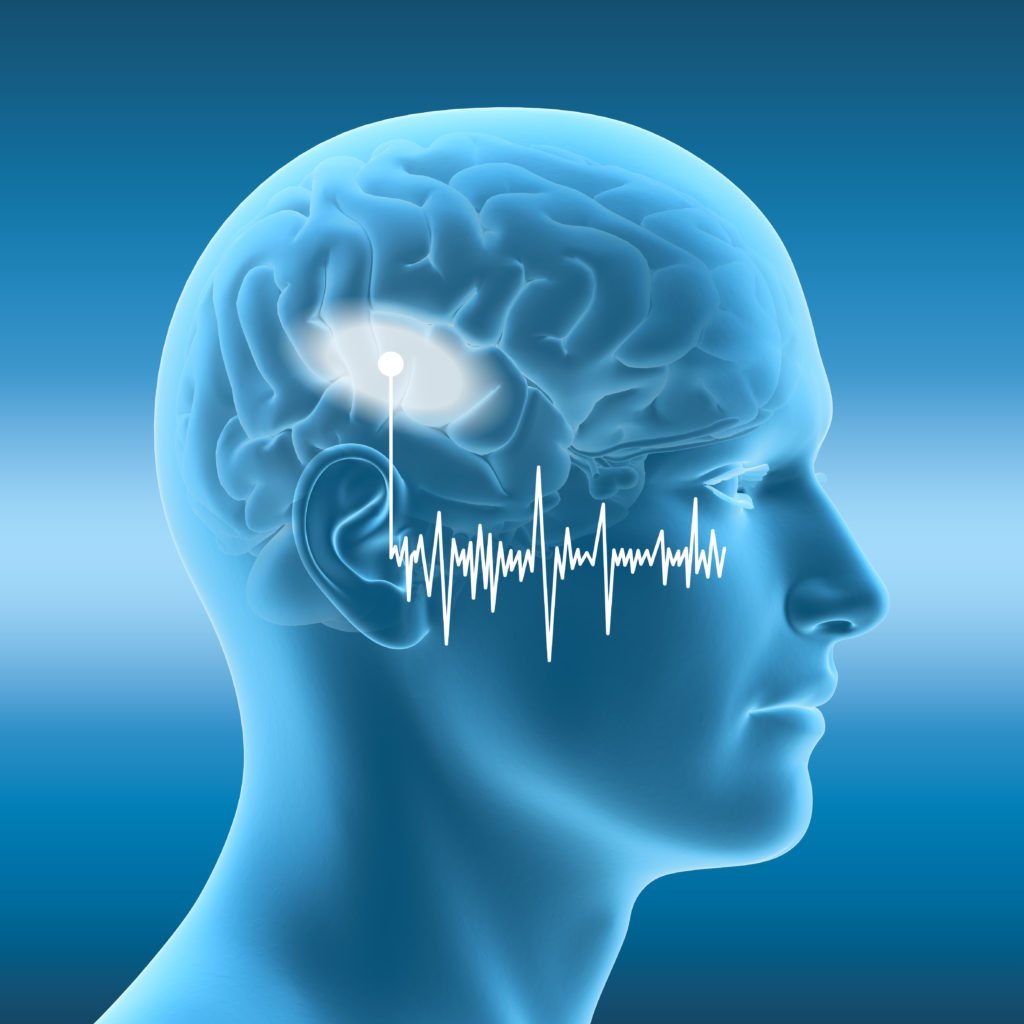
-
Posted By HealthyHearing.In Team
-
-
Comments 0
Hearing is a complex process that involves not just your ears, but your brain as well. When you experience hearing loss, even if it’s mild, it’s important to understand the role your brain plays in processing sounds.
The Brain’s Role in Hearing
Your ears are the gateways through which sound enters, but it’s your brain that gives meaning to those sounds. When certain sounds become softer or disappear due to hearing loss, your brain might start to “forget” how to process them. The longer you wait to address this issue with hearing aids, the more challenging it becomes for your brain to relearn those sound patterns.
The Importance of Word Recognition
During a hearing assessment, your healthcare provider will evaluate your brain’s “memory” of sound by having you listen to and repeat words. This process, known as “word recognition,” helps determine whether your brain has started to forget certain word sounds.
Causes and Early Signs of Hearing Loss
Hearing loss can result from various factors, including genetics, noise exposure, medications, head injuries, and infections. The early signs of hearing loss often involve difficulty detecting soft or high-pitched sounds, such as phone conversations, background noise, and children’s voices. Ringing in the ears, or tinnitus, can also be an early indicator of potential hearing loss.
The Impact of Mild Hearing Loss
Even mild hearing loss can make it challenging to hear in noisy environments, like restaurants. Studies have shown that mild hearing loss in middle age may increase the risk of dementia later in life. Additionally, hearing loss can lead to feelings of isolation and frustration, as you may struggle to hear conversations or enjoy your favorite activities.
Taking-Action for Your Hearing Health
If you have mild hearing loss, consider trying out hearing aids. Addressing your hearing loss early can help maintain your brain’s ability to process sounds, reduce the risk of cognitive decline, and improve your overall quality of life. Remember, taking proactive steps now can make a significant difference in your future hearing health.
Don’t wait – take the first step towards better hearing today and get a hearing test!



